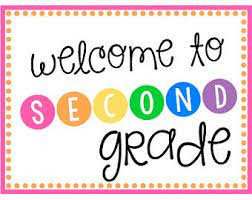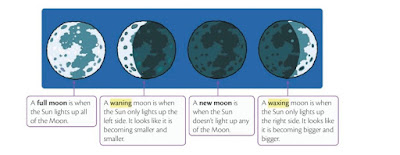Hola familias y niñ@s
believe it or no, It is FRIDAY again. It is a very special Friday because it is our last Friday of May. That means that SUMMER is coming soon. Come on! Let's finish our week!
Today I have English and Science with THIRD GRADE B and English with THIRD GRADE A.
Lo creáis o no, ya es viernes de nuevo. Es un viernes especial porque es el último de mayo. Eso significa que el verano ya está cerca. Vamos! Terminemos nuestra semana! Hoy tenemos inglés y ciencias con Tercero B e Inglés con Tercero A.
Let's start with
Empecemos con:
THIRD GRADE A. ENGLISH
Open your books on page 92. We are going to work our reading skills
Read and listen to the story.
Then, do the activity number 3.
Third grade B. ENGLISH
Let's keep digging in History and Grammar.
Open your books on page 91. We are going to do the activities 1,2,3 and 5.
In order to do so, Here you have the listenings.
I would like to explain you something before you do the activities. You will read "I SHOULD, YOU SHOULD, SHOULD I.... , SHOULD YOU...." This SHOULD means DEBERÍA. I should wear comfortable clothes: Debería llevar ropa cómoda. The negative form would be: SHOULDN'T. You shouldn't work so fast: No deberías trabajar tan deprisa.
Sigamos profundizando en Historia y en Gramática. Abrid los libros por la página 91. Vamos a hacer las actividades 1, 2, 3 y 5. Para ello, os dejo los listenings debajo.
Me gustaría explicaros algo antes de que hagáis las actividades. Leeréis las expresiones I SHOULD, YOU SHOULD, SHOULD I, SHOULD YOU.... Este SHOULD significa DEBERÍA. I should wear comfortable clothes: Debería llevar ropa cómoda. The negative form would be: SHOULDN'T. You shouldn't work so fast: No deberías trabajar tan deprisa.
THIRD GRADE SCIENCE B
Here you have very interesting videos to review




























